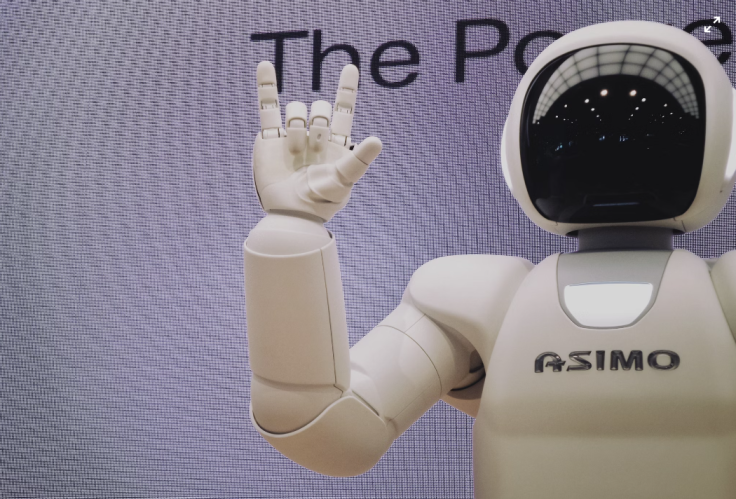In recent years, the landscape of higher education has witnessed a seismic shift with the increasing integration of artificial intelligence (AI). From classrooms to admissions offices, AI is reshaping traditional practices, particularly in the crucial process of college admissions. This article delves into the significant impact of AI on college admissions, exploring its current role, addressing concerns, and projecting future possibilities.

The AI Surge in Admissions Offices
As of September 2023, a staggering 50% of higher education admissions offices are already leveraging AI, according to a survey by Intelligent, an online magazine focused on higher education. The study anticipates this number to surpass 80% in 2024, marking a paradigm shift in how colleges approach the admissions process. The adoption of AI in admissions isn't a mere trend but a strategic move to cope with the ever-increasing volume of applications.
The role of AI in admissions goes beyond the conventional perception of a robot making final decisions on an applicant's academic fate. Instead, AI is primarily employed as an efficiency tool, streamlining time-consuming tasks and reducing the burden on admissions officers. The most common applications include reviewing recommendation letters and transcripts, communicating with applicants through automated messaging, reviewing personal essays, and even conducting interviews.
However, as the survey reveals, 87% of institutions using AI, both in colleges and K-12 schools, include it in their final decisions on applicants. This revelation sparks concerns and anxiety among prospective students and their families. The fear of a faceless algorithm dictating one's educational destiny is palpable, prompting a closer examination of the ethical implications and the potential erosion of the human element in the admissions process.
Navigating Ethical Concerns: The Delicate Balance
The Intelligent survey highlights that approximately two-thirds of admissions professionals express concerns about the ethical ramifications of integrating AI into admissions processes. The unease stems from the fear that AI might introduce bias or overlook the nuanced aspects of a candidate's profile that can only be deciphered by a human evaluator.
To address these concerns, it's crucial to understand that AI's role in admissions is not intended to replace human judgment but to complement it. Rick Clark, Assistant Vice Provost and Executive Director of Undergraduate Admission at the Georgia Institute of Technology, reassures that the human touch remains irreplaceable in the final decision-making process. While AI streamlines initial screening processes, highly selective schools with acceptance rates below 10% still rely on the nuanced evaluation that only human judgment can provide.
Moreover, concerns about bias are not ignored. Surprisingly, the survey indicates that 56% of institutions already using AI and 38% of those considering it believe that AI can actually help reduce bias in the admissions process. Diane Gayeski, a professor of strategic communication and higher education adviser, expresses hope that the process of integrating AI could lead to better-defined criteria and increased transparency in admissions, ultimately fostering fairness.
AI's Evolving Role in Admissions
Looking ahead, the future of AI in college admissions holds promising prospects. Institutions may adopt models similar to Rutgers University-New Brunswick, where a self-reported academic record system has been successfully in use since 2008. This system allows applicants to enter their grades, and AI calculates an academic GPA, saving time and resources for admissions officers.
Experts envision a future where AI collaborates with high schools to analyze official transcript data, further streamlining the admissions process. This collaborative approach aims to reduce the workload on students while enhancing accuracy, as AI analyzes transcripts according to specific university rubrics.
Furthermore, AI's potential extends into specialized programs. Admissions officers evaluating candidates for disciplines like engineering may benefit from AI's ability to extract and organize information from transcripts, making the evaluation process more precise and efficient.
The integration of AI into college admissions is a transformative wave that promises efficiency gains, reduction of bias, and improved transparency. While concerns persist, it is essential to recognize that AI is a tool designed to augment, not replace, the human touch. As higher education continues to evolve, finding the right balance between leveraging AI's capabilities and maintaining the ethical and personal aspects of admissions will be paramount. The future of college admissions is undeniably intertwined with the evolving capabilities of artificial intelligence.
© 2026 University Herald, All rights reserved. Do not reproduce without permission.








